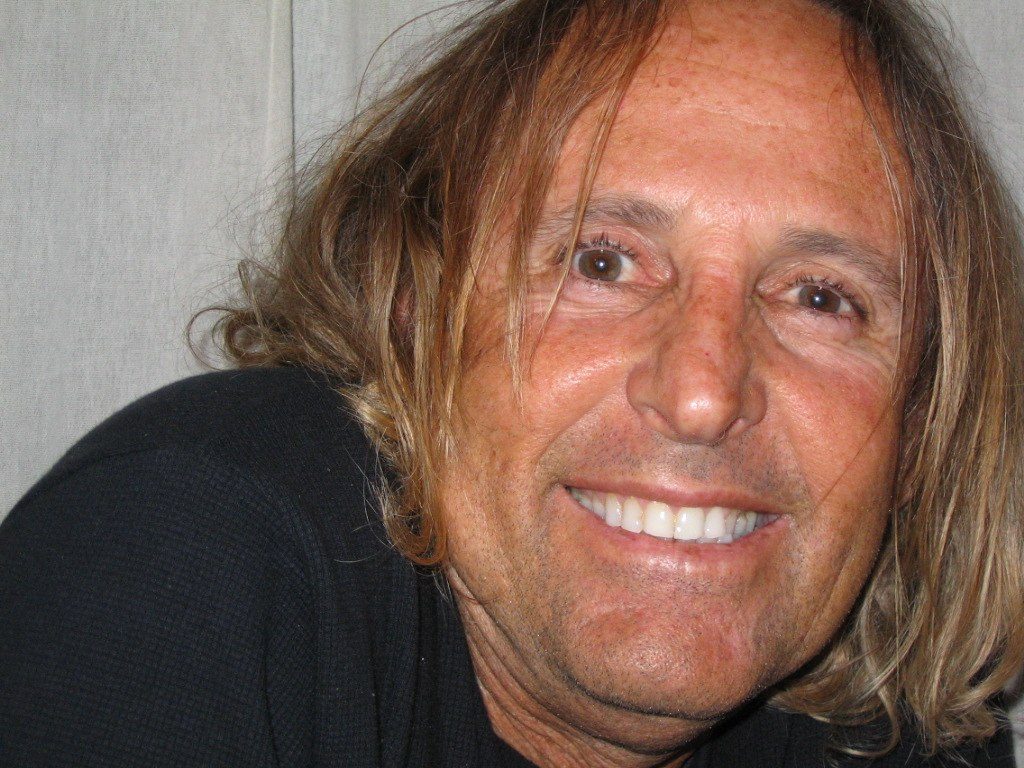A happening to memorialize one of the pioneers of Israeli performance art and a co-founder of the Akko Theater Honi is slated for October 17th in the late artist’s apartment

Copyright: עמיחי יעקבי [CC BY-SA 4.0 (https://creativecommons.org/licenses/by-sa/4.0)]
I have a friend in Israel whom I have never met in person. From time to time, she asks me to write about Israeli visual artists and it gives me joy to do so. I never know anything about the artists themselves, nor do I really wish to. Sometimes, they enjoy my critiques of their work and we correspond, briefly, on social media. I find these interactions to be somewhat awkward; after all, I write about the art, not the person and more often than not the former is much more interesting than the latter.
Now she asked me to write about a guy recently deceased. A Jew, an Israeli, and someone who has made his own life into a work of art. This is very confusing and difficult for me to do because it annihilates the oh so convenient wall that separates the art from the person. It makes it impossible for me to control the ebb and flow of emotions that I experience when I view the art. There is an immediate and overwhelming response that is controlled, if it even is at all, by my the creator of the work rather than by me.
It strikes me as I write these lines that this uncontrollable response is the ultimate goal of performance art; it is not an unfortunate side effect, but rather its primary objective, an objective whose attainment I find unsettling. The cathartic moment is late in coming because the scenes are so familiar; the artist’s aging parents, both at death’s door, in their slum apartment in one of Tel-Aviv’s poorest neighborhoods. He all piss and vinegar and pioneer spirit, she devout and one could say even holy, as if materialized from the smoke emanating from the chimneys at Auschwitz.
This is how Israel was built, rose from the ashes through the superhuman efforts of very human people, rebellious and devout alike. The dad, according to the mom, commits on a regular basis the cardinal sin of cooking himself soup on the Sabbath. He persists in his rebellion and even makes fun of her belief in a heaven and a hell, only to ask her, quite seriously: “But you will intervene for me with Him, right? You will get me into paradise to be by your side?”
She named her son Honi, a rather unusual name, a name belonging to a famous first century BC miracle maker in the hills of Judea who is best known for drawing circles in the dust to plead with the Almighty for rain, pleas that apparently were heard. “I wanted to name you after a righteous man”, she says when he asks her about his unusual name. “It is good to be called after a righteous man”, she adds.
She chose well because her son devoted his life to something righteous, or maybe he was righteous because she so named him. Honi of the 20th and 21st centuries AD like his arguably better known namesake also drew circles around him, but his circles were of people rather than dust and in return God gave the people of Israel joy rather than rain.
Israel still needs rain, but not nearly as much as it used to; we can desalinate all the fresh water we need. But joy is in as short a supply as it has ever been and in that the latter-day Honi must have done his parents proud. Honi’s Tel-Aviv apartment has stayed untouched in the two years since his passing, but all things must end and Tel-Aviv real estate waits for no man. On October 17th a group of performance artists, actors, poets, and musicians will be there to say their final goodbyes. Mom and dad will both be watching from Heaven, of that we can have no doubt. “Honi’le had some strange friends”, she will say, “and they all look hungry.” “Why can’t they have nice pants, is what I want to know”, he will answer.
A couple if links for Hebrew speakers:
https://www.youtube.com/watch?v=W–0nu-Hv1U


